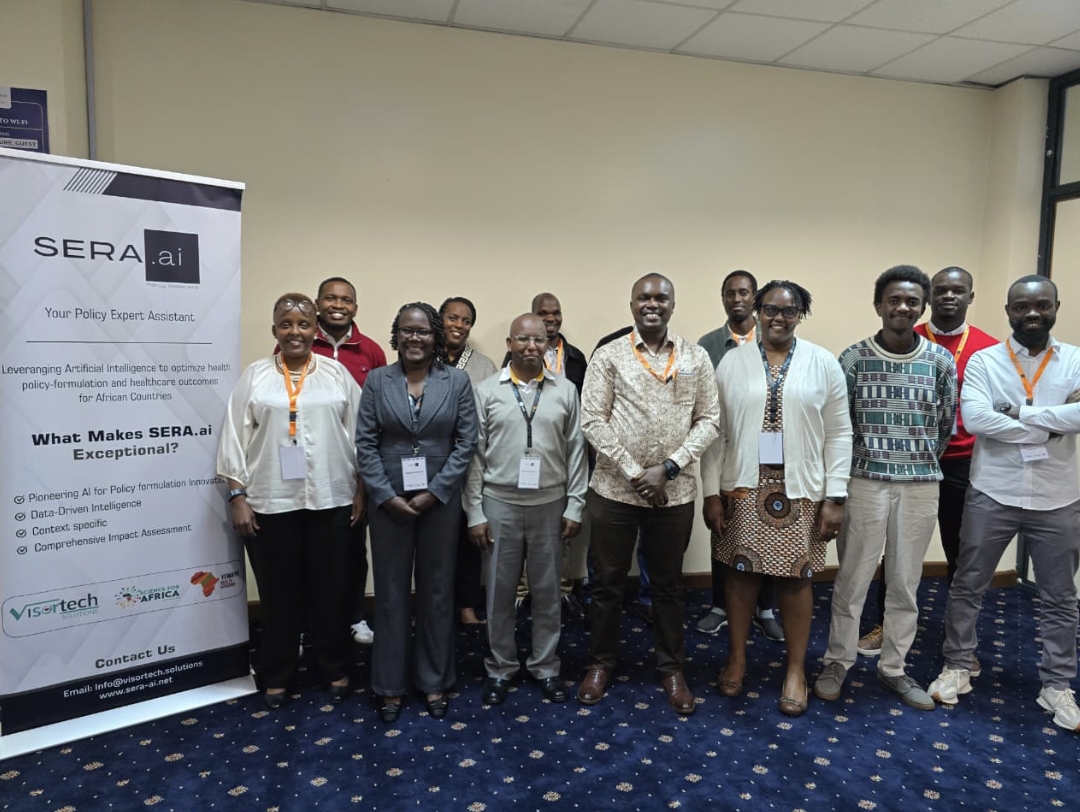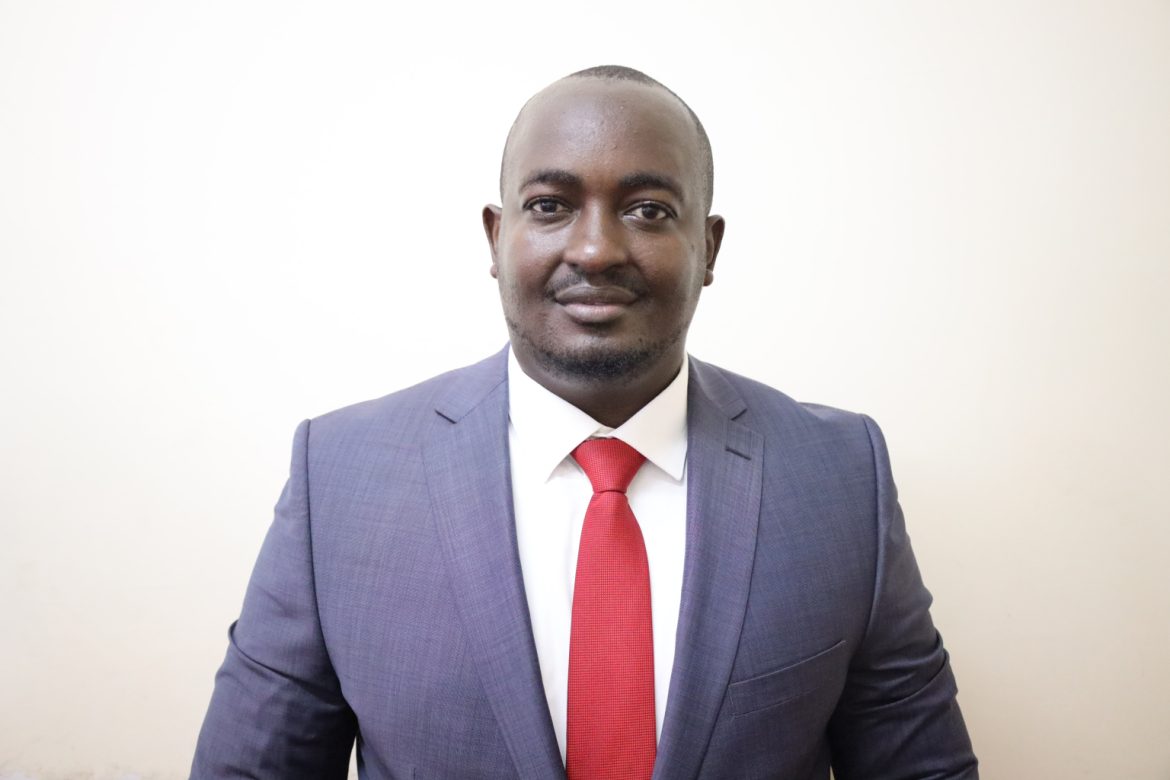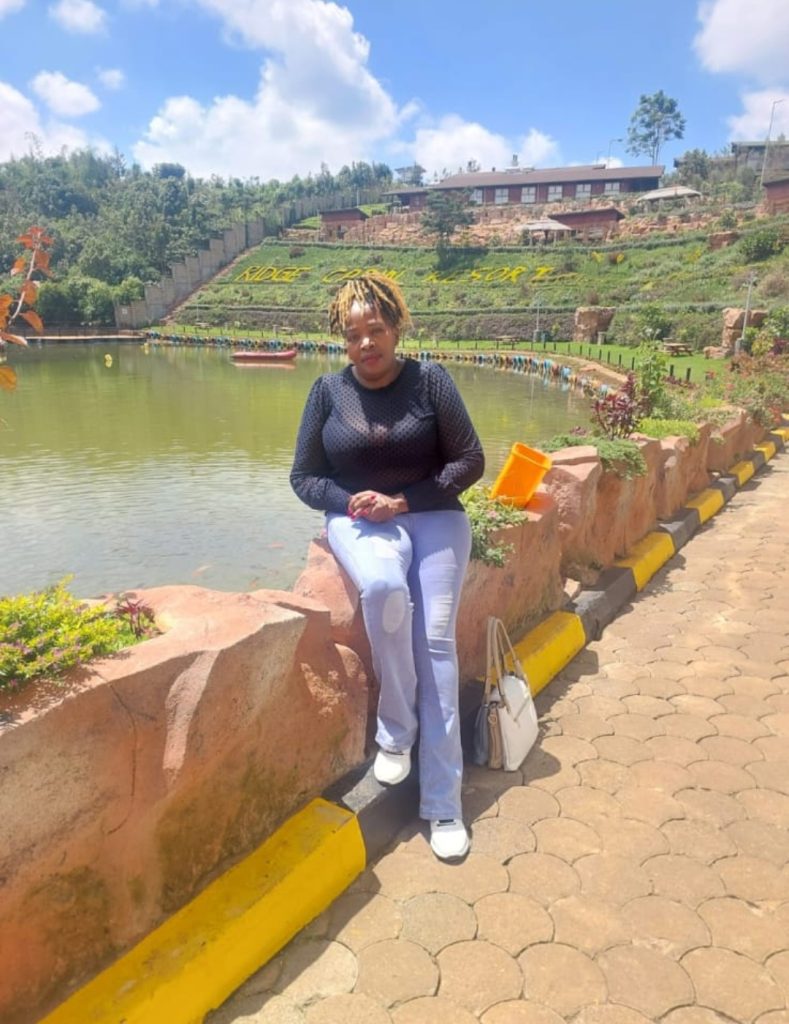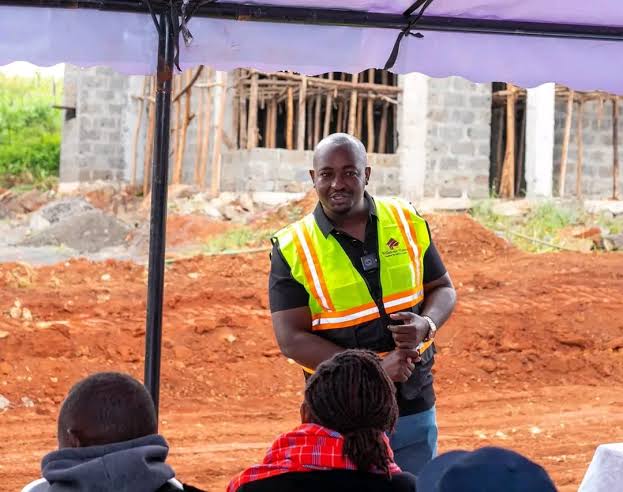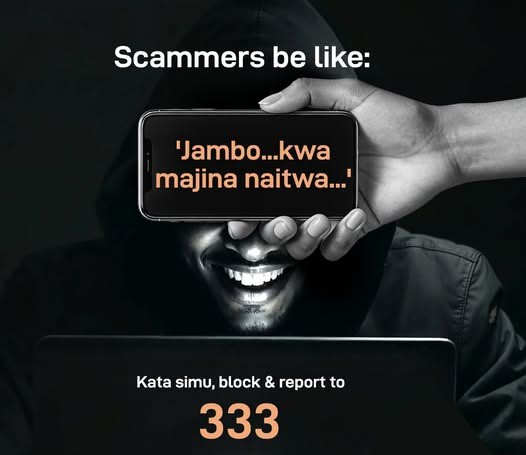Delegates attending the ongoing five-day trade mission to the Democratic Republic of Congo (DRC) are discovering untapped opportunities in agriculture, manufacturing, and logistics.
The mission, which began on Monday, has drawn participants from Kenya, DRC, Tanzania, Zimbabwe, Ethiopia, South Sudan, Poland, Germany, the United States, and Congo. Organized by Equity Bank, this is one of over 40 trade missions the bank has conducted in the last four years, 15 of which were to the DRC.
Delegates were impressed by the scale of agricultural operations and opportunities in manufacturing and logistics during site visits in Lubumbashi. A visit to Jambo Farming Company, two hours south of Lubumbashi, revealed the potential of large-scale farming. The farm spans 4,500 hectares of maize and plans to expand into wheat cultivation on 500 hectares. Delegates were awed by the mechanization, with machinery rivaling earth movers.
“Soils here are heavy, hardening to earth stones, so you need heavy-duty discs to break them up,” explained Vishal Fatania, a Director at Jambo. The farm’s 410-horsepower tractors tow multiple 14.5-meter ploughs, while specialized tractors with 35-meter spray booms can spray 15 hectares in one trip.
“During ploughing, the machinery consumes 5,000 liters of diesel daily. These machines are critical for cultivating vast tracts of land within the short rainy season, enabling us to produce 22,000 tonnes of grain annually,” Fatania added.
Despite the output, Jambo and two other farms supply only 7% of Katanga’s maize demand, with the shortfall imported. “This tells you there is a huge gap waiting for investors,” Fatania emphasized, noting irrigation is viable due to the shallow water table.
Paty-Paterne Mushagalusa, EquityBCDC Associate Director for Commercial Projects, highlighted Jambo’s operations in the context of Equity’s Africa Recovery and Resilience Plan (ARRP). “The three biggest farming companies barely supply 10% of Katanga’s maize demand. This means there is an opportunity for others to emulate them and seek financing. With the right syndication, Equity can advance up to $4 billion,” Mushagalusa said.
Delegates also toured Hyper Psaro, a bottling plant in Lubumbashi processing soda, juices, and milk. While 70% of its products are distributed within Katanga, the remaining 30% is transported to Kinshasa, 2,300 kilometers away. Transporting goods to the capital is a logistical nightmare, taking up to two weeks via road and a month during the rainy season due to poor infrastructure.
Production challenges are compounded by erratic electricity, forcing the plant to rely on generators and solar lighting. “We use generators during outages, which happen often. Sometimes we power the plant the whole day,” said Augustine Masheke, the Safety and Health Manager.
Inputs for production are sourced from France and Kenya, while milk is imported from Africa. The demand for bottled water and beverages far exceeds supply, presenting a lucrative opportunity for investors.
Logistical challenges underscore the need for investment in transport and distribution networks. Esther Thongori, CEO of Lohim Company, sees potential in waterworks and machinery leasing. She highlighted Equity Bank’s role as a supportive partner, offering financial solutions and guidance to help businesses expand. She also noted the convenience of managing accounts seamlessly across borders.
Equity Bank has been a central player in supporting businesses in the DRC, dedicating 35% of its lending to agriculture under the ARRP. The bank has demonstrated its capacity to finance large-scale projects, with loans of up to $20 million available.
Real estate developer Dr. Ishaq Buya, visiting from Mombasa, was impressed by the scale and efficiency of agricultural operations in the DRC. He pointed to mechanization and economies of scale as key factors in achieving significant productivity, such as yields of up to 7 tonnes of maize per hectare. He noted that such practices could serve as a model for agricultural development in Kenya. Dr. Buya also highlighted other sectors ripe for investment, including hospitality, education, and health.



